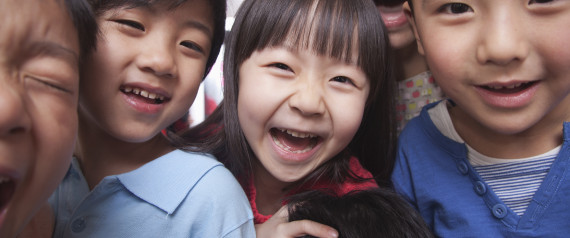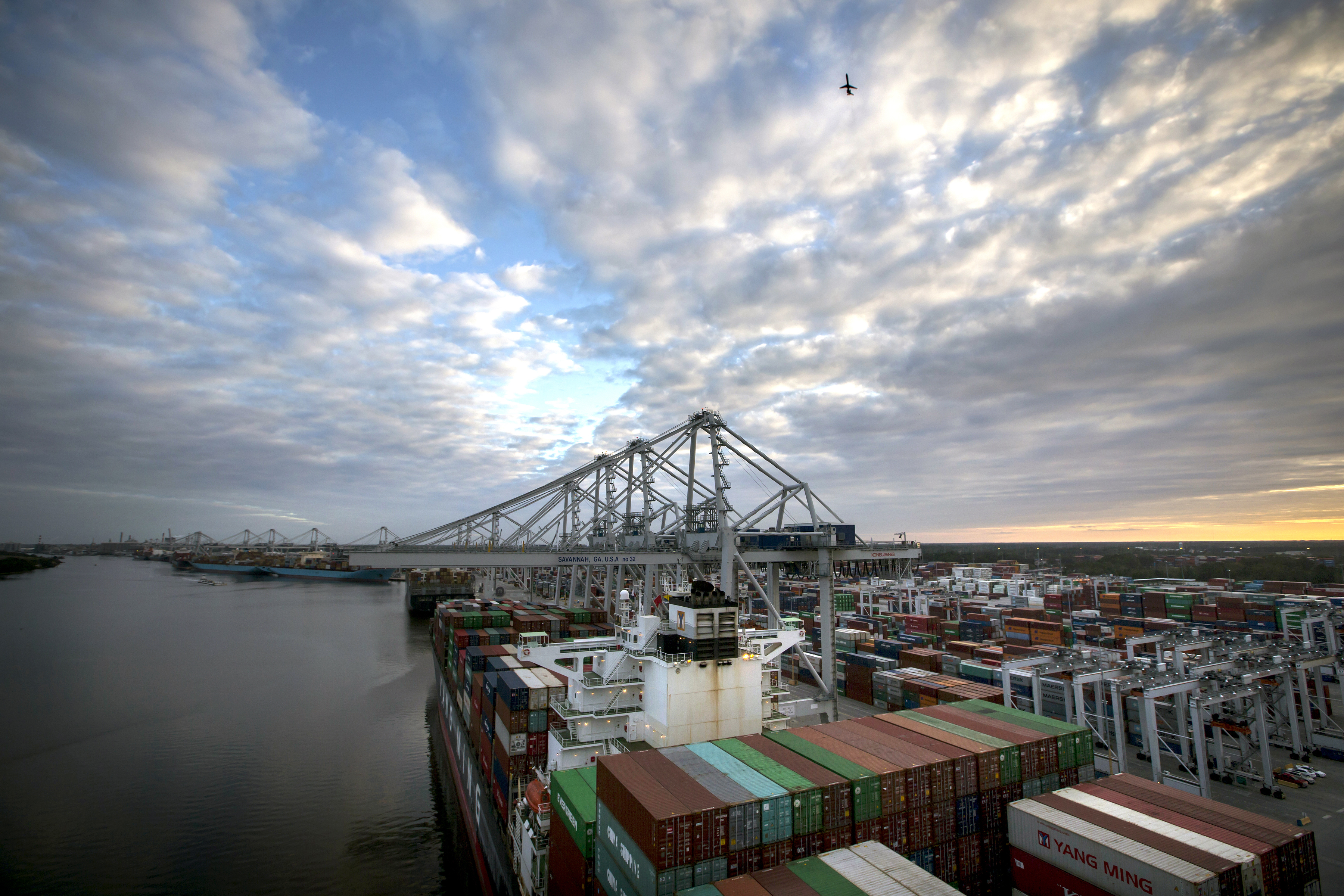By Gaby Lohner
China announced at the end of October that they would be adjusting the country’s controversial one-child policy by allowing families to have two children. This policy, that limits the majority of Chinese people to having only one child, has created more than just criticism for the Chinese government; it has created lasting social and economic effects on the country and its people. While most people see this policy change as a step in the right direction, it seems the negative effects from the original policy will not be relieved anytime soon.
The Politics
Mao Zedong, the founder of the People’s Republic of China, was all for population growth. “Of all things in the world, people are most precious,” he stated in 1949. Zedong’s administration tried to promote an increase in growth rates many times, most notably in 1949 as part of the Great Leap Forward in 1955. His administration believed that “a larger population means greater manpower.” It ended in disaster in the form of famine, due to a population that increased faster than the food supply.
In 1969, after the Cultural Revolution of 1966, the Chinese government began to promote birth control and a reduction in family size. Eventually, the growth leveled off at a point that was still too high, so the government decided to implement strict policies. The one-child policy, put in to effect in 1979, limited all members of the Han ethnicity, 92% of the population, to having one child.
The Economics
Economically, this policy has had enormous consequences – and it may not have been necessary. Iran, Turkey, Vietnam, Lebanon, Thailand, Brazil, Chile and the United Arab Emirates have all experienced the same falling birth rate and family size as China has, but none of these countries imposed harsh regulations. Typically, the shift from an agricultural economy to an urban one leads to a decrease in family size and birthrates. China became an economic powerhouse in the years after this policy was implemented, making the policy seem essential, but many argue that this was not a direct result of the one-child policy.
The problem is the future. Due to a lack of births in the country, demographics are skewed towards older people. Right now, around 10% of the population is over 65; in 2027, it will be 15%, and in 2035 it will be an estimated 20%. This creates looming problems for the Chinese, since taking care of the elderly isn’t easy or cheap. Someone has to do it, and someone has to pay for it. And since this policy was implemented, there are fewer young people growing up in China. In the U.S., it is fairly normal for kids to split the duty of caring for and visiting elderly parents. In today’s China, almost everyone only has one child, which could pose some logistical problems. The effect on the economy will be even greater than that on the people. As people get old, they stop working, and they need to be supported. You can hope that retirement plans are enough to support these people, but historically, the Chinese have depended more on government and family help than they have on their own savings plans. The Chinese economy is already hurting recently, so the administration wants to turn things around before everything crumbles. The future doesn’t look great, seeing that this modification is policy is predicted to not translate to a monumental change in the population or lives of the Chinese. The change in policy is almost like putting a Band-Aid on a bullet wound. You tried, but it’s probably not going to be enough.
The People
The social consequences of the one-child policy will linger for decades. People don’t tend to like government restrictions, especially when they erode a family’s personal choices. But this policy led to even more than just unhappy mothers and fathers. Since the implementation of birth-controlling policies in 1971, women in China have undergone 336 million recorded abortions. The mental and physical effects that an abortion has on a woman can be tremendous, especially when she wants to keep the baby. Babies were being killed before and after birth, sent for adoption, sold, and people were forced into sterilization by government officials. The harsh implementation of the law left people in the country angry, dissatisfied and disgusted by the government.
The least anticipated effect of the one-child policy may be unbalanced gender statistics. Since families were only allowed to have one child, many wanted a boy due to historic gender roles. This has led to a “surplus” of men of about 30 million, which is about 3.5 times the population of New York City. And since there aren’t enough women, millions of men will never get married and potentially never have children. This surplus has led to economic effects, such as the government spending money trying to get people to date. They are setting up speed-dating-like events and encouraging people to meet, hoping that these meetings end in marriage. The problem has gotten so bad that some people have proposed a solution similar to Sister-Wives, except the other way around, something I like to call Brother-Husbands, but more officially known as polyandry. While this option is not receiving a ton of consideration, it gives some insight in to the severity of the problem Chinese men are facing while trying to find a wife.
Another adverse effect of the policy is the phenomena of “Little Emperors.” These children get undivided attention from their parents, which leads to an inflation of their egos. The Chinese children are spoiled rotten, as told by Xinran Xue, a prominent Chinese writer. She speaks about a piano player who would not cut his own fruit in order to preserve his precious fingers, a recent college grad that couldn’t open his own suitcase, and other horror stories about the selfish Chinese children. Will these children grow up to be productive in the workplace? Will they get married, live happy lives, and raise productive children? For the sake of China, and the world economy, everyone should have their fingers crossed.
Was it necessary?
Looking at the policy from both an economic and a social perspective, it seems that the Chinese administration really messed up. Now that they have realized it, they are allowing families to have two children. But this change isn’t exactly new. In 2013, parents who came from one-child families were allowed to have two children. And it didn’t really make a difference. Population growth barely reacted. Raising a child is expensive in China, due to the cost of medical and school bills, on top of all other costs normally associated with raising children. This has led families to delay or simply not expand their families. It’s looking like China may have dug themselves in an unexpected hole, and it is going to take more than just a loosening of this policy to get them out of it.
Photo Credit: Huffington Post


